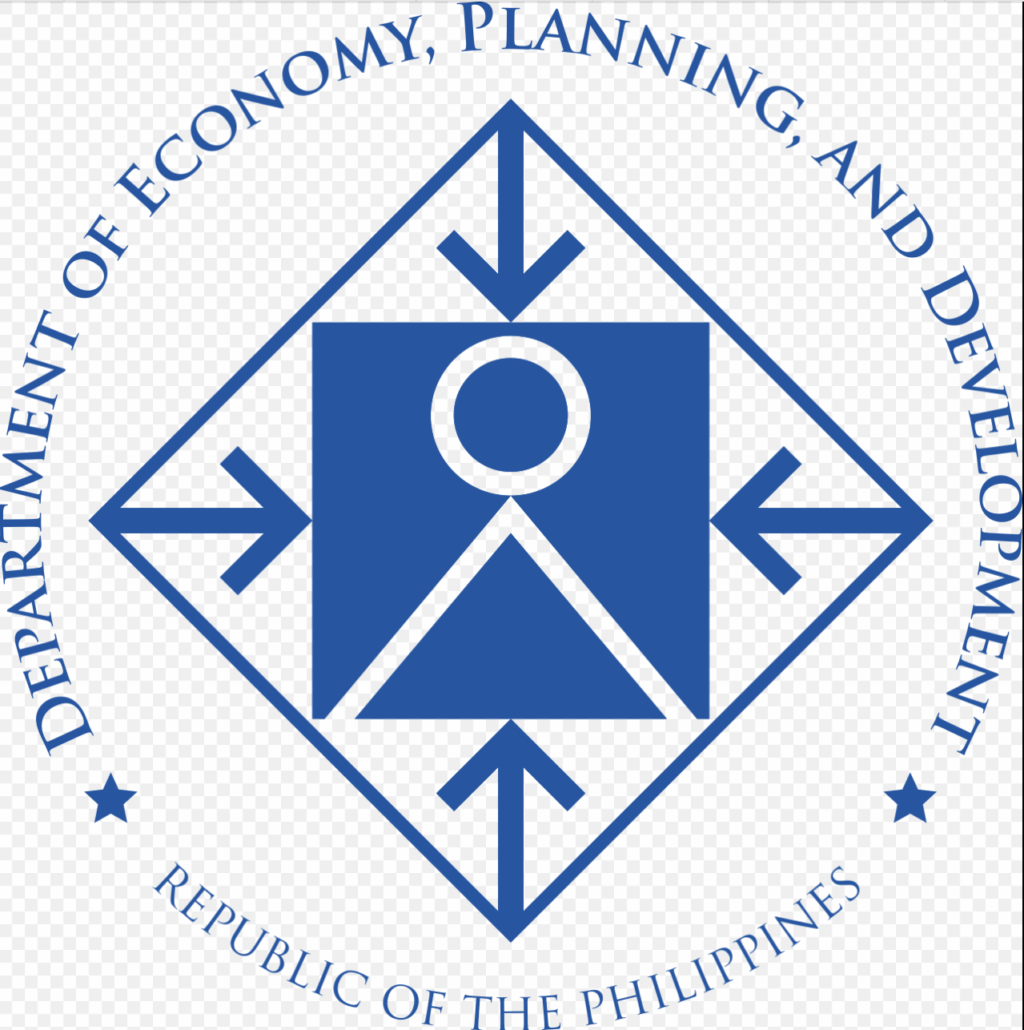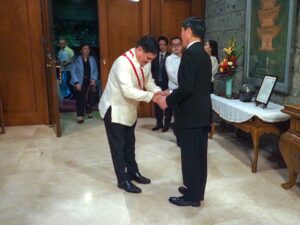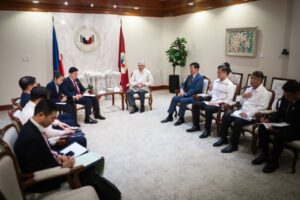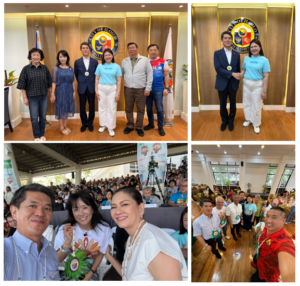
The Economy and Development Council (ED Council), chaired by President Ferdinand R. Marcos Jr., has approved requests from government agencies for increase in cost amounting in total to USD400 million, implementation extensions, and for granting validity period extensions for four US government-assisted Development Objective Agreements (DOAgs) during its recent meeting, the Department of Economy, Planning, and Development (DEPDev) disclosed.
Approved requests for cost change include: increase from USD224 million to USD524 million for programs under the Department of Health (DOH) to sustain improvement in health outcomes among undeserved populations and strengthen overall health profile; and increase from USD150 million to USD250 million for programs under the Department of Environment and Natural Resources (DENR), Department of Energy (DOE), and the Department of Agriculture (DA) – Bureau of Fisheries and Aquatic Resources (BFAR) to enhance the ability of natural systems to provide ecosystem services and address climate change.
Approved requests for implementation period include: extension up to September 30, 2027 of programs under the Department of Finance (DOF) to further strengthen macroeconomic fundamentals and promote open governance in support of inclusive growth; and extension up to September 30, 2027 of programs under the Department of Education (DepEd) to scale up the Philippines’ capacity to achieve sustained and measurable improvements in learning outcomes.
The changes are intended to ensure continuity in implementation during the transition of project management from the United States Agency for International Development (USAID) to the US Department of State.
“These timely adjustments are crucial to sustaining the gains we have achieved through these agreements. They will ensure that programs continue to deliver meaningful results for the Filipino people, particularly in health, education, economic growth, governance, and climate resilience. By approving these measures, we are making sure that implementation remains uninterrupted despite the transition in management. This decision reflects our commitment to strengthen partnerships, protect hard-won progress, and keep our development priorities on track,” ED Council Vice-Chair and DEPDev Secretary Arsenio M. Balisacan said.
The ED Council also approved critical adjustments to the Metro Rail Transit Line 3 (MRT-3) Rehabilitation Project, ensuring its continued safe, efficient, and sustainable operations. As the implementing agency, the Department of Transportation (DOTr) sought approval for changes in project scope, cost, financing, and implementation timeline to address emerging technical requirements. These include additional system upgrades, equipment rehabilitation, and facility improvements aimed at enhancing the long-term reliability and safety of the MRT-3 system.
According to the DOTr, the project involves the full replacement of main line rails, general overhaul of 72 CKD-Tatra Light Rail Vehicles (LRVs), and procurement of bogie frames and assemblies. Furthermore, it includes the integration with other MRT-3 Projects, such as the MRT Common Station, Dalian Trains, and the Transition to 4-Car Train Operations.
During the meeting, President Marcos also directed the DOTr to implement appropriate safeguards and ensure the sustained operations and maintenance of MRT-3 in both the short and long term.
Lastly, the ED Council approved the updated guidelines for the review and approval of major government programs and projects. These apply to new and ongoing projects requiring action from the ED Council or the Investment Coordination Committee (ICC), an interagency body co-chaired by the DEPDev and the DOF.
Key changes in the guidelines include raising the cost threshold for locally-funded programs and projects to PHP5 billion and expanding the ICC coverage to include Public-Private Partnership (PPP) projects. The guidelines also institutionalize the ICC’s mandatory review of all foreign loan-assisted projects, regardless of loan amount or total cost, while excluding grant-assisted projects, which are reviewed by the DEPDev.
The new guidelines are also designed to encourage the submission of well-prepared, strategically aligned proposals and promote discipline among implementing agencies to ensure timely and effective project execution. The updated guidelines will be made publicly available online.


